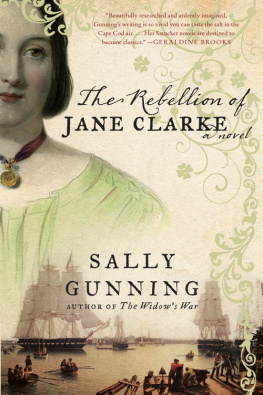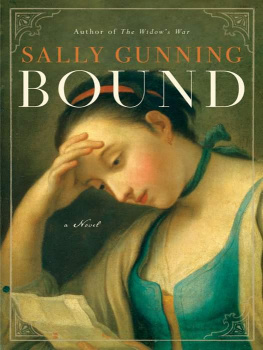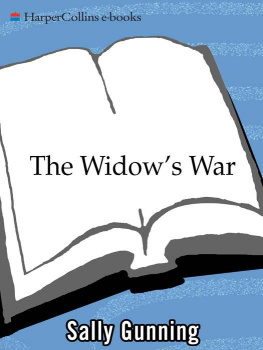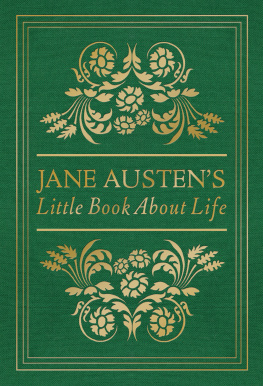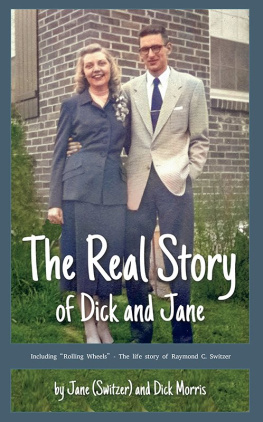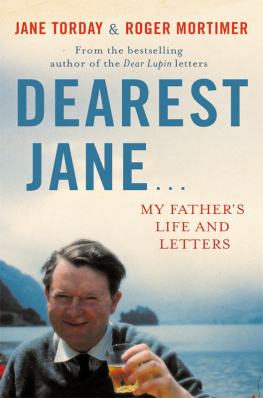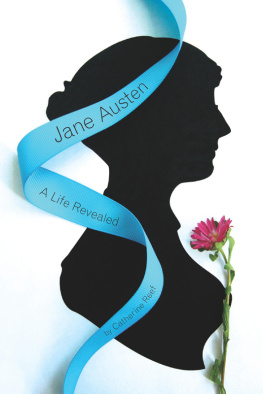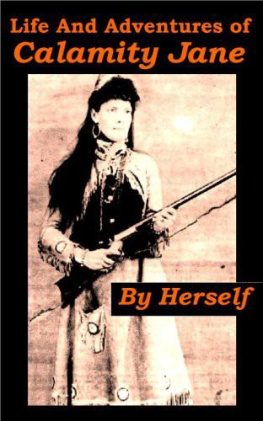To entrap the wisest.
May 6, 1769
J ANE CLARKE STOOD in the sedge growth on the lip of the dune and looked out over the half-drained bay, the ribbons of sand rising up through the retreating water. Her cousins sloop, the Betsey, had slipped in ahead of the falling tide and lay canted sideways in the channel, keel nestled in the mud. Already, the oxcarts rumbled over the sand loaded with barrels and crates full of salt, rum, molasses, and other more worldly goodsmost of them legalcome to Satucket from Boston, but Jane wasnt there for goods. Jane was there for letters. Even at her distance Jane could identify the mail sack in the foremost oxcart, but she stayed where she was, half-camouflaged by the sedge, because Joseph Woollen was the one driving it shoreward. Was it worth facing Woollens unblinking fish eyes just to get to the letters first?
Yes, she decided. She slid down the bluff and saw Woollens head lift at the sight of her, saw him dive at the sack; by the time shed reached the cart he had her letters sorted and ready. He thrust them at her with a formal, Good-day, miss, as if he didnt know her name, as if at his cousins wedding he hadnt pressed lips like cold chicken livers up and down her neck. Jane gave one nod to cover both greeting and good-bye, took the handful of letters, and hurried off toward the landing road, as if she were in a great rush to get them to her father, which she should have been, of course, as most of them were his. She proceeded along the landing road onto the Kings road at an even pace, but at the cartway that led from the road to her fathers house she walked faster, keeping one eye on alert for family or servants. She should go straight homeher fathers letters aside, the days work sat waitingbut two of the letters were for Jane, and the minute she stepped inside the house she would lose all chance of reading them in peace. The plan was to take the path along the millstream to her favorite rock above the millpond, where she might, for a time, keep her news to herself.
Such was the plan, but as Jane rounded the bend she came up against a knot of men standing in front of Thachers tavern, their voices hot and sharp, the words flying back and forth like training-day musket shot.
The ears ?
Lopped off!
The devil! When?
Last night. Bangs Inn. Winslow paid a call after supper, tied his horse out front, left around ten and found the creature cut up.
Bloody hell! Who did it?
Who did it! Gods breath, man, who do you think? Name me another whod carry an argument to a mans horse. Name me Whatever the speaker had in mind, it was cut short when he spied Jane. He snapped his jaw shut; the rest of the group turned, saw Jane, and likewise fell silent.
The talk had been bad enough, but the silence was worse. Jane might have pretended their silence had nothing to do with her, that the talk had cut short at her approach out of nothing but a gentlemans desire to shield a lady from an unpleasant subject, but the looks back and forth, the shifting feet, the sharp edge to the silence itself told her what shed already guessed the minute the speaker had closed his mouth.
They blamed her father for the horse.
Griffith, her fathers neighbor, braved the silence first. Good-day, Jane.
Good-day, sir.
The other men touched their hats or dipped their heads; Jane cricked her neck in response; but after shed walked past she heard the steady pock-pock-pock of their lowered voices at her back. What cowards they were! Her rage began to pump her feet, but once she felt the ground rushing by underneath she checked her stridethey would not catch her in flight. She waited till shed left the road and was out of sight before she picked up her skirts and bolted, following the millstream black with fish, past Winslows fulling mill, all the way up to the milldam. Beyond the dam the millpond lay sleek and calm; below it the alewives pooled, resting for their final thrust through the turbulent floodgate into the pond to spawn; there Jane decided to rest as well, letting her heart catch up with her legs.
While Jane rested, she peered down into the vortex of circling fish. The annual spring migration of the alewives had long puzzled Janewhat was it that convinced generation upon generation of fish to fight their way around so many rocks and against such a powerful current to the millpond to shed their eggs? What did that particular pond offer over the bays and inlets and tide pools below that could be worth such injury and exhaustion, even death? Jane could not, would not ever, understand it.
After she had collected her breath, Jane pulled her skirt tight and continued along the wilder portion of path, used now only by a handful of children or the few remaining Indians who camped beyond the millpond. A large rock lay ahead, the water lipping at three sides of it, creating the illusion of a fortress; Jane hitched up her skirt and climbed on top of it. The dark rock had already stored up some of the fleeting May sun, and now that the clouds had returned Jane was glad enough for the heat of it; she settled as comfortably as she could on the warm stone and crossed her legs, spreading the letters in the basket her skirt had formed between her knees.
Of the two letters addressed to Jane she recognized both hands; she also noted that one of the writers had included a letter to her father. She picked up the other letterthe letter from her brotheralready away from Satucket five years now, four at Harvard College and one clerking for the lawyer John Adams in Boston. She ran her finger under the fold and cracked the seal; the letter was short, but so were all her brothers letters.
10 April 1769
My Dear Sister,
I am in hopes this finds you well and should like to report the same, although yesterday I took a fall off a horse that should have been shot before it was ever put out to let. Of course, if Father had seen fit to set me up with my own horse Id not be confined to this bed, but if the fool who fired the musket that shied the horse had aimed lower Id not be confined to this life.
Jane read on in a fine alarm. Who was firing muskets so near a horse and rider? How badly was her brother hurt? He mentioned a sprained knee, a wristshe continued reading in hopes of finding plans for her brothers recuperating in Satucket but found no hint of it. She put the letter aside and picked up the next.
1 May 1769
My Dearest Jane,
I hope this letter finds you in all your usual glowing health. I write to inform you that I expect to have completed all my town business by the 16th and have written to your father acquainting him with my dual intention, the one being to stop at Satucket on my return trip to Wellfleet on the 19th or 20th of this month. You know the second intention. Or perhaps I should say the first?
Having spent overlong on your fathers epistle, I now have time for a scant few lines to you, but suffice it to say that since I left you at your fathers you have been behind my every thought. I see your face each time I blink and yet I could not describe it to a strangertis all sum over parts.
If it makes up in any way for the insufficiency of this letter, allow me to assure you that I believe I have spent the time on your fathers letter to good effect, and that I am,
Ever your,
P. Paine
Jane folded up both letters and pushed the pair into her pocket out of sight, feeling suddenly, explosively, out of sorts. That her brothers letter should disturb she understood well enoughhe made no mention of nurse or doctor, which meant any one of his sprains might indeed be a break; he seemed more interested in blaming her father for the horse than the stranger for the shot that had pitched him off it in the first place. But what of Phinnies letter? Halfway through the reading, shed developed a painful bubble in her chest that felt sure to erupt through her ribs at any moment, and she had no idea what might have caused it.

